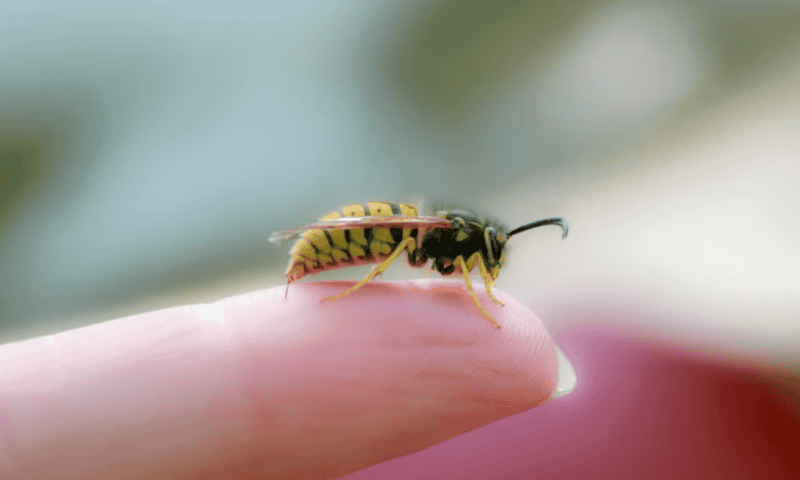GSK has dropped its in-house STING agonist only a day after a similar drug that the British Big Pharma reserved the rights to was finally lifted from clinical hold limbo.
The Brentford, England-based drugmaker has halted work (PDF) on 3745417, a STING agonist undergoing a phase 1 trial in relapsed/refractory acute myeloid leukemia and high-risk myelodysplastic syndrome.
Stimulator of interferon genes, or STING, agonists have enjoyed some interest over the past decade. Takeda, Merck & Co. and BioNTech are among the firms that have aimed to put the innate immune response stimulators through clinical trials in multiple cancer types including advanced solid tumors.
But while STING agonists have shown promise in preclinical research as mono- and adjunctive therapies, they’ve faltered when it’s time to translate them to the clinic. A recent case in point was Mersana Therapeutics’ systemically administered immunosynthen STING-agonist antibody drug conjugate (ADC), dubbed XMT-2056, which was placed on clinical hold by the FDA in March in relation to a patient death in the phase 1 trial.
Yesterday, the biotech announced that the agency had lifted the hold, with Mersana confirming it is lowering the starting dose for the phase 1 dose-escalation design. It means the company will continue to test the ADC in patients with advanced or recurring solid tumors expressing HER2 such as breast, gastric, colorectal and non-small cell lung cancers.
It seemed like good news for GSK, which handed over $100 million upfront last summer for the exclusive option to co-develop and commercialize XMT-2056. However, the British pharma has not exercised the option to date.
On a call with journalists this morning, GSK CEO Emma Walmsley was tight-lipped on whether dropping its in-house STING agonist made it less likely that the company would ever take up its option to license XMT-2056.
Pointing to yesterday’s acquisition of Johnson & Johnson’s rights to Arrowhead Pharmaceuticals’ hepatitis B medicine as an example, Walmsley said GSK is “always looking to strengthen our pipeline by being focused on the things where we think we can get the best returns.”
“That means bringing in more [business development] and partnerships,” the CEO told Fierce Biotech on the call. “And that also means sometimes making tough decisions about things we want to stop so that we can focus our assets on where we’ll get better returns.”
GSK revealed the STING agonist cull in its third-quarter earnings (PDF) presentation, where the company also disclosed that two other candidates have been removed from its phase 1 pipeline. One of these was the last of a trio of therapies acquired as part of the Big Pharma’s $5.1 billion buyout of Tesaro back in 2018.
That deal gave GSK the FDA-approved PARP inhibitor Zejula, as well as cobolimab, an anti-TIM-3 antibody that is being assessed in combo with Jemperli in a phase 3 trial in patients with advanced non-small cell lung cancer. But it’s the third drug in that haul, a LAG-3 antagonist dubbed GSK4074386, that has now been jettisoned.
The final phase 1 asset to face the cut was a Clostridium difficile infection vaccine dubbed 2904545. The early-stage trial was due to wind up a year ago, according to ClinicalTrials.gov, although little has been heard about the vaccine since.

